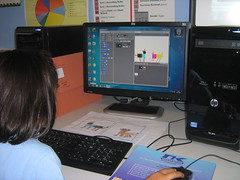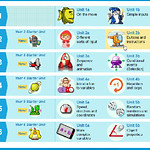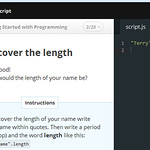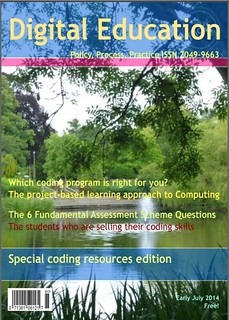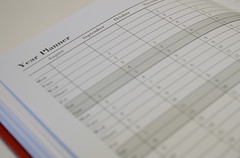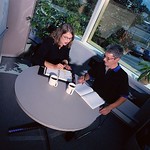Sometimes I am not quite sure whether a statement is obvious or not obvious at all. In such cases I try to take the view that if it was that obvious, I wouldn’t need to comment at all. Take the statement “Coding is not debugging”. Of course it isn’t. But to read what some people have written you could be forgiven for thinking that an ability to write good code automatically confers the ability to be good at debugging. Well, like the old Porgy and Bess song has it, it ain’t necessarily so.
Read MoreThere are many courses being offered to help you plan for, and implement, the new Computing Programme of Study. Here is a short selection of providers to get you started.
Read More The Hour of Code allows anyone to try out coding for the first time by teaching the basics of computer programming in just sixty minutes.
The Hour of Code allows anyone to try out coding for the first time by teaching the basics of computer programming in just sixty minutes. The Hour of Code allows anyone to try out coding for the first time by teaching the basics of computer programming in just sixty minutes.
The Hour of Code allows anyone to try out coding for the first time by teaching the basics of computer programming in just sixty minutes.




